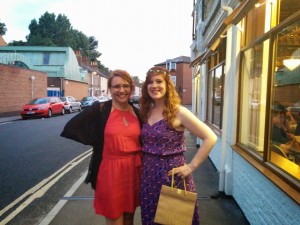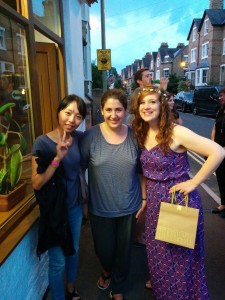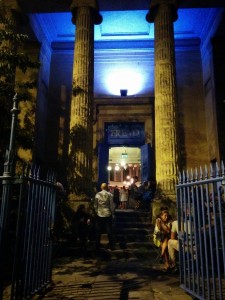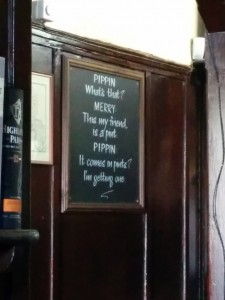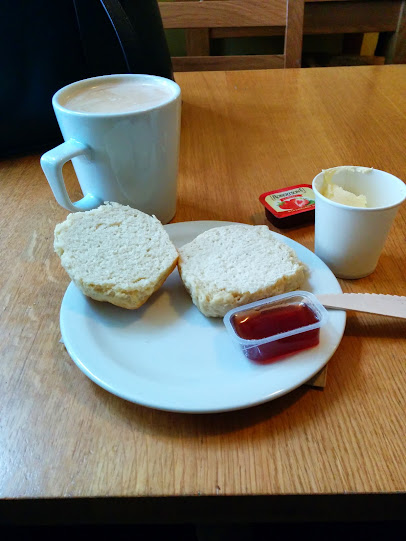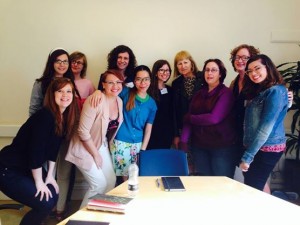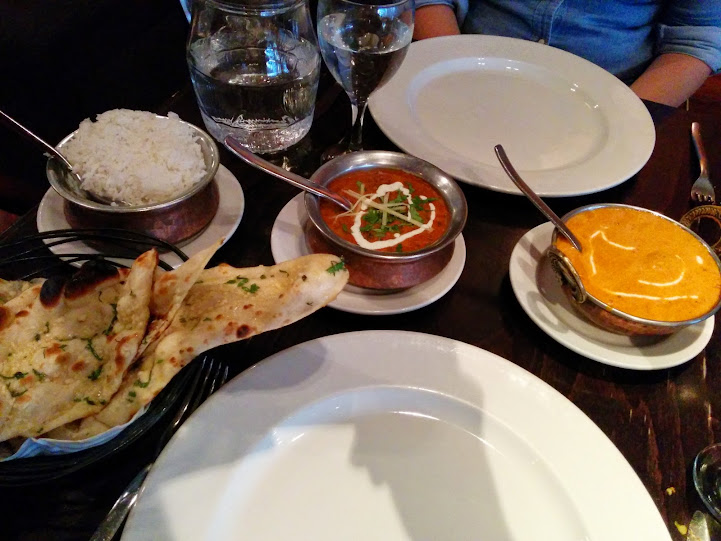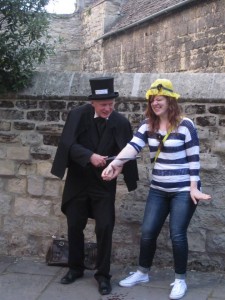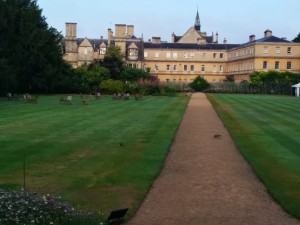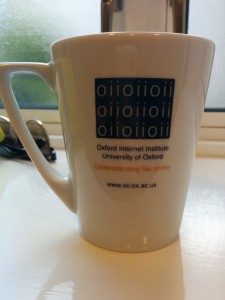On our final day, we began the session talking about creating CVs, applying to jobs, going on interviews, publishing, and so on. The session was led by the wonderful director of the OII, Victoria Nash. I haven’t written much about her because she is so busy, and humble, that she didn’t present her own work. However, she created and carried out a wonderful SDP, and we are all quite appreciative.
This last day, July 18th, also happens to be my birthday. The great people of the OII surprised me with a cake and cupcakes, and everyone sang Happy Birthday to me. I felt so loved!
After cake and coffee, Dennys Antonialli was our first student presenter for the day. He is a lawyer in Brazil and is researching transconstitutionalism and internet architecture. He asks, “is privacy a fundamental right?” He compared internet privacy politics in Brazil, Germany, and the US. In Brazil, for example, there is no data privacy law, but the citizens are not expected to be fully self regulatory. Data are stored in many places however, so if the data is stored on a US server, those protections are applied. Therefore, there is a new global reach of American “values” and “beliefs.” This argument is not just about the government either, Dennys explained. Internet users often say that they don’t care if the government has their information, yet they trust Google. Because the platforms change so rapidly, Dennys is arguing for a better framework.
The next student presenter was Caroline Jack. She spoke about her work conducting archival research from 1983-1999. She is exploring a digital tool called “Junior Achievement.” It is a program that was integrated into schools so students could use computers with management simulation software to experience meaningful business scenarios. The program actually switched from a hands on experience, to this digital simulation. She argues that this digital space was “filling the frontier gap.” First it was the West, then it was Space, and, for Junior Achievement, it was the internet. She is not sure yet if this is really propaganda or education. The game is clearly promoting specific types of capitalism, but at the same time she has found much more dynamic data through her work.
Our last student presenter at the SDP was Crystal Abidin. Crystal’s presentation was a nice twist seeing that a lot of people were talking about privacy over the past two weeks, and Crystal instead studies people who want to be watched–lifestyle bloggers. The lines between career and personal life blur, along with lines between things such as a paid advertisement and an opinion. The girls that Crystal lived with and interviewed are not really selling products, but themselves. They use tactics such as shock value, pedantic consumption, and personal illustrations to create social capital and become powerful women who develop careers for themselves in the digital space. Everyone very much enjoyed Crystal’s look inside lifestyle bloggers’ world. She tied for best presentation with Josephine Wolff!
For our last night, we all had dinner at a delicious Lebanese restaurant Friday night. Here are some pictures from the evening.
After dinner, everyone thought it only fitting to go out for some drinks to celebrate a great two weeks (and of course my birthday!). We passed the magical Oxford University Press on the way.
We ended up at an interesting bar and “dance club” where a group of swing dancers was teaching patrons the Charleston.
It was very hard to say goodbye to everyone, even though we had only been together two weeks. Hopefully we all made connections that will carry through our academic (and personal) lives.
On Saturday afternoon I flew out from Heathrow and headed home to Philadelphia. But first, I of course had to have one last pint before getting back to the US.

